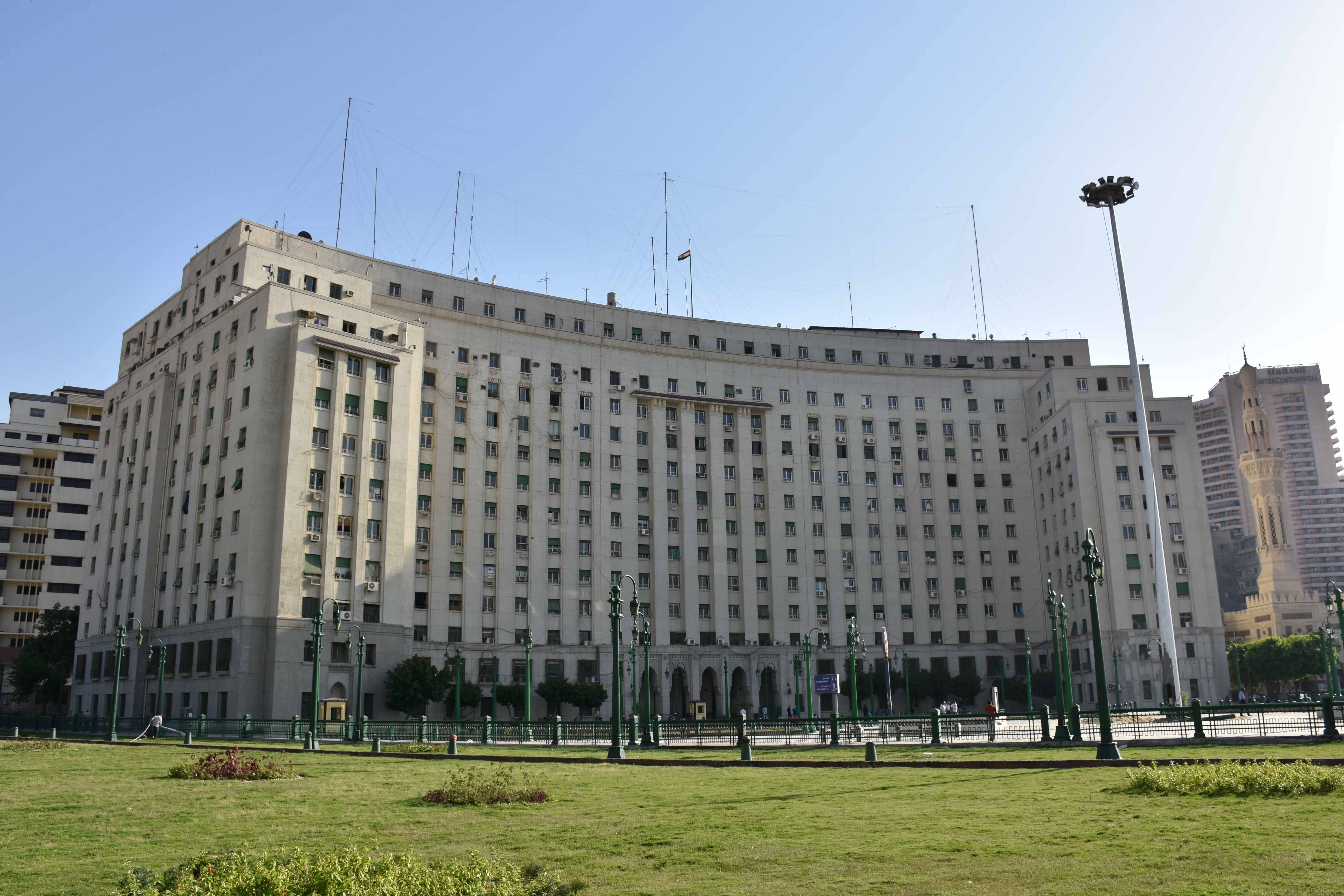Expatriates and Home State Political Development
DOI:
https://doi.org/10.24847/55i2018.158Keywords:
diaspora, MENA region, state formation, out-of-country voting, citizenship, political parties, sovereignty, state institutionsAbstract
Recent scholarship on diaspora-host state relations has increasingly examined the many dimensions of the involvement of communities abroad on the sending state. Much of this literature has focused on economic, political, and sociocultural remittances. This article shifts the focus to more structural elements as it seeks to read in various sending state institutions the very presence of a diaspora. Examples of institutional developments dating from independence to the present in government ministries, political parties, electoral and nationality laws, national boundaries, and sovereignty itself, are taken from the cases of Algeria, Egypt, Jordan, Lebanon, Morocco, and Tunisia. The analysis is intended to serve as a first step in establishing a new research program aimed at discerning the deeper structural impact of diasporas on state formation in the sending country.
Cover Image: The Mogamma Building in Cairo, May 2015.Image source, https://tinyurl.com/y9emz699.

Published
Issue
Section
License
Copyright (c) 2018 Laurie A. Brand

This work is licensed under a Creative Commons Attribution-NonCommercial-NoDerivatives 4.0 International License.
Authors who publish with this journal agree to the following terms:
- Authors retain copyright and grant the journal right of first publication with the work simultaneously licensed under a Creative Commons Attribution-NonCommercial-NoDerivatives 4.0 International License, which allows others to share the work with an acknowledgement of the work's authorship and initial publication in this journal.
- Authors are able to enter into separate, additional contractual arrangements for the non-exclusive distribution of the journal's published version of the work (e.g., post it to an institutional repository or publish it in a book), with an acknowledgement of its initial publication in this journal.
- Authors are permitted and encouraged to post their work online (e.g., in institutional repositories or on their website) prior to and during the submission process, as it can lead to productive exchanges, as well as earlier and greater citation of published work (See The Effect of Open Access).
The content of this journal is licensed under a Creative Commons Attribution-NonCommercial-NoDerivatives 4.0 International License.

